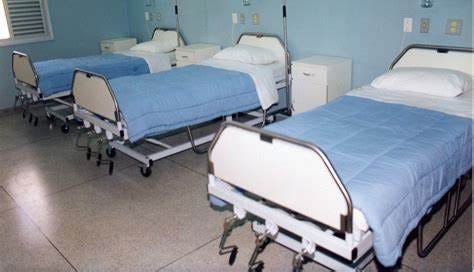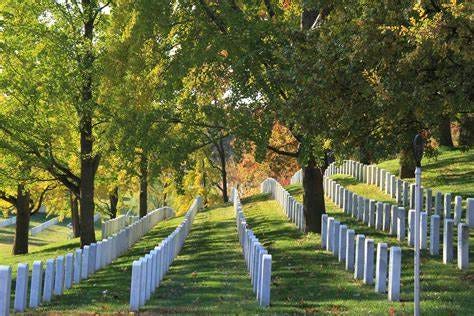Before I got cancer and had to stop working, I was a hospital social worker. In that role I had the opportunity to meet people who were dying. You might be surprised to learn that most people don't die in a hospital. Most people die at home or in a hospice facility or nursing home.
But for those who did die at the hospital, I had the opportunity to observe that most people died the same way they lived. If they were arguing with their children or didn't want to see them, imminent death didn’t change anything. I saw adult children devastated when their parent did not want to see them. I never observed families reconciling or even being asked for forgiveness in the last days of their parents life.
I would usually ask the patient if they would like to speak with a Chaplin. Even those patients who knew their final days were few, if they were not already religious, did not want to talk with a Chaplin. Sometimes they would scoff at the idea or say something derogatory about religion. Bedside conversions were not something I ever witnessed.
If you read my Substack, you already know that six years ago, I was told I had endometrial cancer, stage 4, metastasized. My doctors said I had 1-2 years to live. I didn't need a deathbed conversion, because I was already a person who lived by faith. But, there was one thing I needed to be sure about. I took each of my adult children aside and asked them if there was anything in our relationship that I needed to ask them for forgiveness? To my great relief, none of them did. I'm thinking that is probably a healthy way to respond to a death notice. But in retrospect it is probably something important to do, even before a terminal prognosis.
Trying to hide from a Cancer Diagnosis
I've come to the conclusion death bed conversions are rarer then we might think. I would guess most people don't have a chance to change their opinion right before death. They either die quickly say of a heart attack or car accident. Some take the long road, slowly losing clarity and dying after losing the ability to think clearly. Some are unconscious due to medication and disease. There are no guarantees that we get a chance to change on our deathbed.
One of the earliest documented deathbed conversions happened when Jesus was crucified. On either side of him, a criminal hung on a cross. One confessed and Jesus told him he would soon see him in Paradise. The man on the other side of Jesus scoffed at the opportunity for forgiveness. Imagine being the guy who declined the offer from Jesus and minutes later found himself in a place he did not want to be. What a mistake!
Some people don't believe in deathbed conversions because they believe a person's faith is based on their works done over the course of a lifetime. In the Christian faith, that's not what the Bible says. We are saved by faith, not works. In the Christian faith, the deathbed conversion is available. But in my experience not that probable.








Thanks, Patty. Very enlightening. I want to take that ask for forgiveness question to all my kids in the near future as a result of reading your article. Again, thanks.